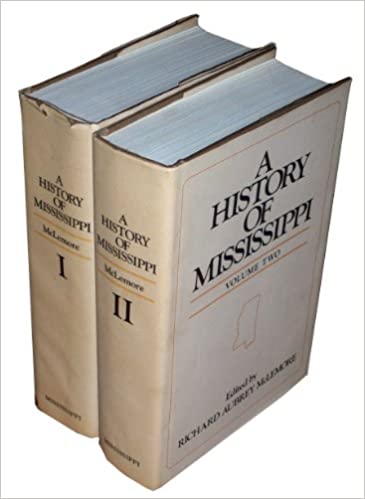 I’m sure it’s all in here....we studied it ....the Hiram Revels era....till Hayes unwritten compromise
I’m sure it’s all in here....we studied it ....the Hiram Revels era....till Hayes unwritten compromiseI have discussed this topic before, and I have in the past endeavored to find supporting sources for this point, but I have learned from past searches that it is extremely difficult to find this information because it is horribly embarrassing to historians and many people would consider it racist to point this out.
I only know of it because I read it in a history book I had many years ago. I will look around and see if I can find something to show that this is true, but as I've said, past searches were difficult.
Perhaps some others might be able to help on this point? I'll ping a few.
Guys, the point being discussed is that period after the war in which whites were disenfranchised and only blacks could vote, and which resulted in mostly black congressmen and legislators being elected.
I read in a history book years ago that entire legislatures were comprised of black legislators, and that they didn't know what they were doing and consequently embarrassed Washington DC with their ineptitude.
Do any of you recall a source for this information?
 I’m sure it’s all in here....we studied it ....the Hiram Revels era....till Hayes unwritten compromise
I’m sure it’s all in here....we studied it ....the Hiram Revels era....till Hayes unwritten compromiseCan you at least narrow down the range of years in which this occured? I would expect historical election results of each state would be available online, but maybe I am wrong.
Guys, the point being discussed is that period after the war in which whites were disenfranchised and only blacks could vote, and which resulted in mostly black congressmen and legislators being elected.I read in a history book years ago that entire legislatures were comprised of black legislators, and that they didn't know what they were doing and consequently embarrassed Washington DC with their ineptitude.
Do any of you recall a source for this information?
I am unaware of repression to the extent that no whites could vote, but have a source that Southern Democrats had a very difficult time registering to vote, leading to a result similar to what you describe.
Frank Conner, The South Under Siege 1830-2000, A istory of the Relations Between the North and the South, Second Ed., Collards Publishing Co., Newman, Ga., (2002) pp. 197-192; 199-200.
The First Reconstruction Act, of 2 March 1867, required the Southern states to enfranchise the blacks and ratify the Fourteenth Amendment. It also divided the South into five military districts, to be ruled by U.S. Army generals. Initially, Generals John M. Schofield, Daniel E. Sickles, George H. Thomas, Edward O.C. Ord, and Philip H. Sheridan commanded those districts. Several of those generals—including Sheridan—had already demonstrated their deep compassion for the South.The Second Reconstruction Act, of 23 March 1867, called for the U.S. Army to oversee the registration of eligible voters in each Southern territory/state/whatever; and for the election of delegates to a constitutional convention therein; and for the writing of a new state constitution; and for the ratification of that constitution by at least half of the registered voters; and for the approval of that constitution by the Radical Republican Congress. When all of that had been accomplished, Congress would then seat that state’s elected senators and congressmen; and theoretically the military occupation would end. The third act, of 19 July 1867, spelled out the facts of life in this new regime: the military commanders would have complete power over all civil government in the South; and the voter-registration boards (named by the military authorities) could arbitrarily deny the vote to anyone: in other words, Southern Democrats would have a very hard time getting registered to vote.
The fourth act, of 11 March 1868, repealed the requirement that at least 50% of the voters must ratify the new state constitutions. Its purpose was to speed up the reentry of the remaining Southern territories/ states into the Union, such that their black and Scalawag constituencies would get to vote for Grant in the 1868 presidential election—thus enabling him to win.
The U.S. military commanders of the South followed the orders of the Radical Republicans in Washington. Arbitrarily they removed the sitting governors of Georgia, Mississippi, Louisiana, Texas, and Virginia. They replaced all levels of elected and appointed officials in the state governments with soldiers or Scalawags whenever it appeared that the lawfully-elected/appointed civil officials might not be attuned slavishly to the wishes of the Republican Congress.
[...]
Droves of carpetbaggers came South to make their fortunes in public office. They were joined by numbers of Scalawags and ex-slaves.
In 1868, the seven so-far-reinstated Southern states sent 49 senators and congressmen to Washington. Of them, 30 were Northerners who had come South since the end of the war. In the 40th Congress, 20 of 22 Southern senators, and 44 of 58 congressmen, were Republicans. Among them, two senators and 12 congressmen were black.
In many cases, the state legislatures, school boards, and/or militias were filled with illiterate blacks who had no notion of the workings of civil government. The lieutenant governors of Florida, Louisiana, Mississippi, and South Carolina were black. A majority of the state legislators of South Carolina were black.